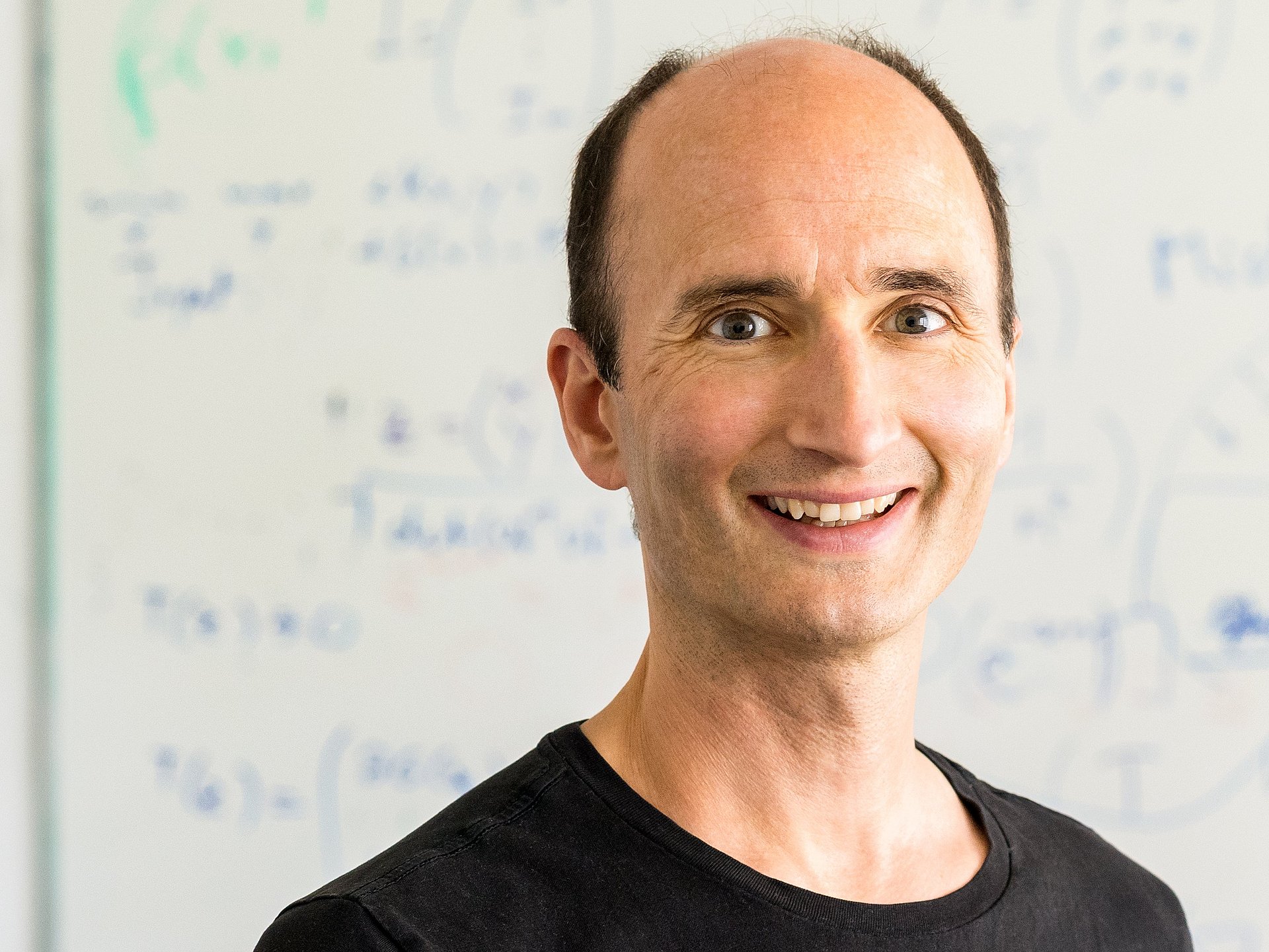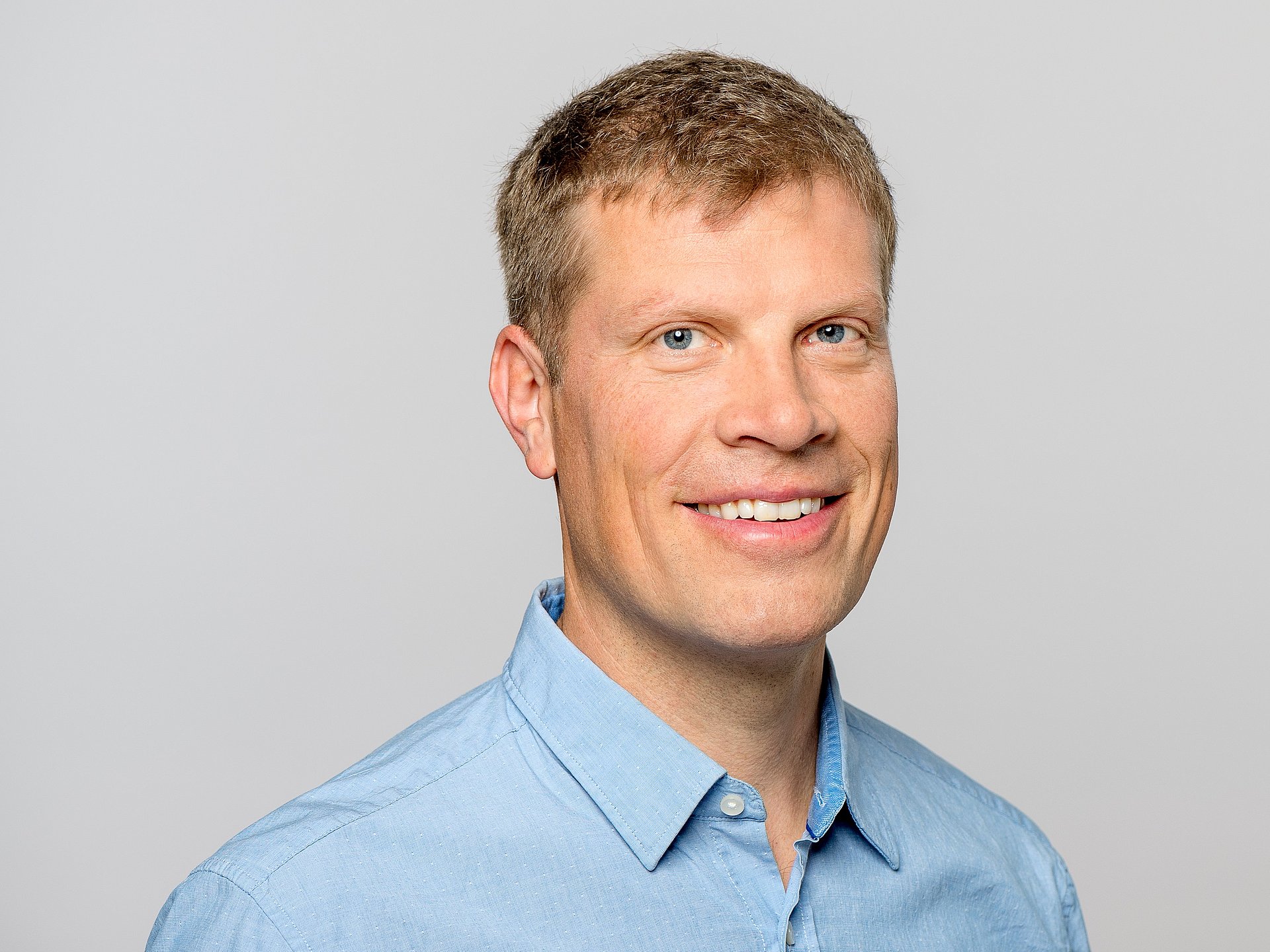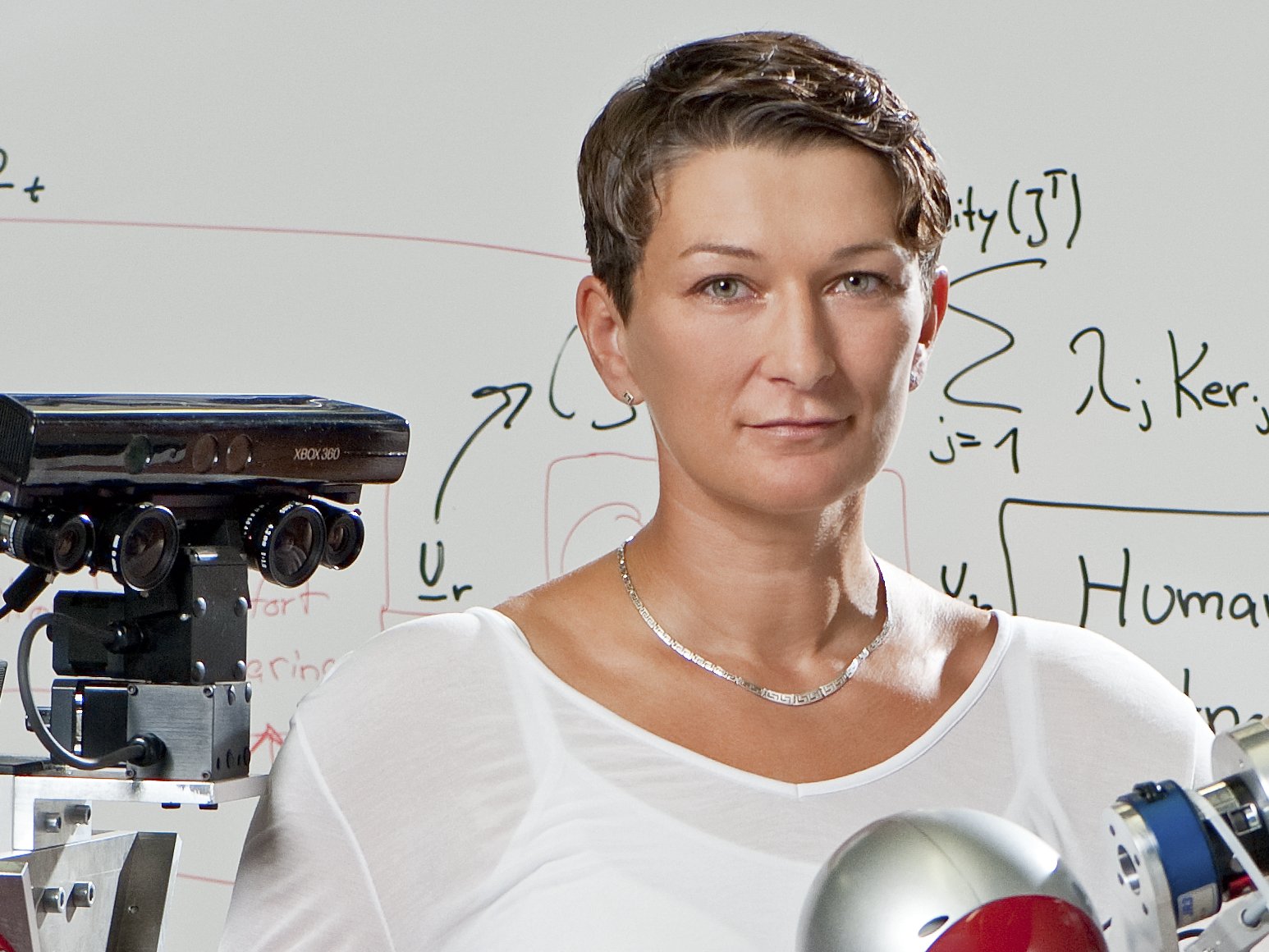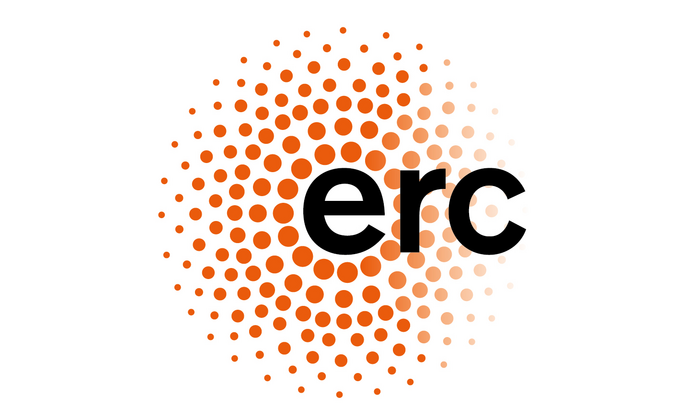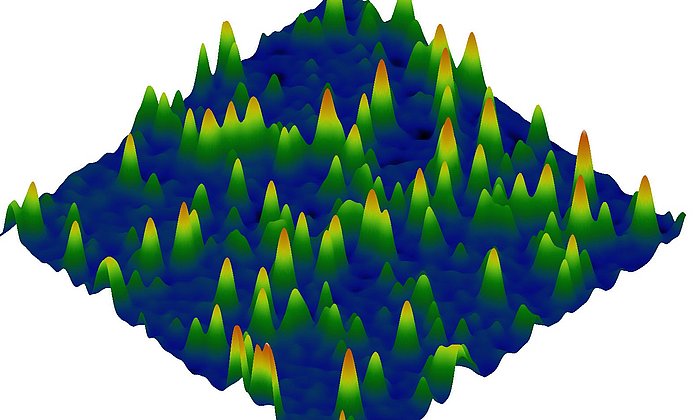Advanced and Proof of Concept grants for three projects
ERC provides funding for cutting edge research
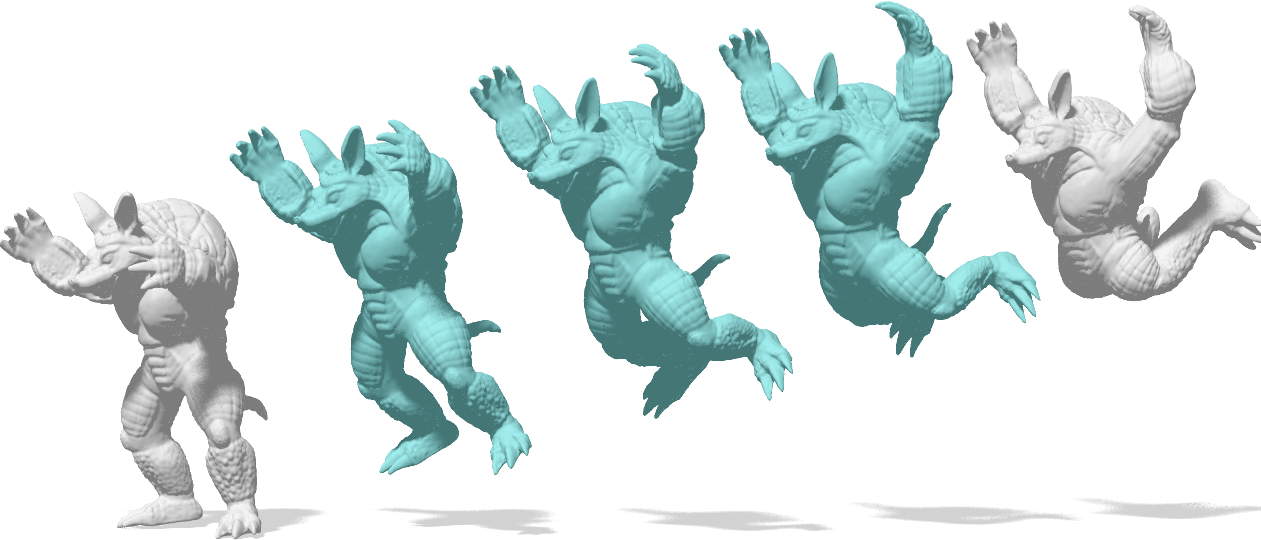
Researchers at TUM have been selected for a total of 124 ERC grants over the years. These prestigious grants are awarded annually in a number of categories. Advanced Grants, which are set aside for established, leading scientists with a track record of significant research achievements over the past 10 years, come with up to 2.5 million euros in funding.
Proof of Concept Grants are awarded to scientists who wish to explore the potential of their ERC research projects to generate marketable innovations. As an entrepreneurial university, TUM treats this aspect of research as a top priority and provides targeted support for the start-up projects of its students and researchers.
Prof. Dr. Daniel Cremers (Informatics)
It is already possible to gain large amounts of information on the position of objects in space using video data. With his SIMULACRON project, Prof. Daniel Cremers now aims to use video information to determine physical properties such as acceleration, mass and elasticity. Humans can assess many of these properties very quickly. For example, it takes us just a fraction of a second for a person to predict the path of a tennis ball. To enable computers to do the same, Prof. Cremers wants to develop new algorithms to physically simulate deformable objects. The simulation parameters will be determined directly from video images, also using new machine learning techniques. SIMULACRON supplies the machine with a more complete understanding of the observed world based on a small quantity of observed data. This technology could be used in robots and autonomous vehicles, for example.
Daniel Cremers holds the Chair of Computer Vision and Artificial Intelligence at TUM. For his research he has previously received an ERC Starting Grant, a Consolidator Grant and two Proof of Concept Grants.
Prof. Dr. Mathias Drton (Mathematics)
Enormous quantities of data are captured and collected by scientists. Before becoming usable to obtain new knowledge, these data must be analyzed. In his Graphmode project, Prof. Mathias Drton is working on new statistical methods that offer insights into complex systems. Starting with data on the activity of the individual components of a system, methods from probability theory can be used to draw conclusions on causal relationships between the components. This has potential uses in all scientific fields. Possible application areas include patient studies in medicine or the study of gene expression rates in biology.
Proof of Concept Grant: Prof. Dr.Ing. Sandra Hirche (Electrical and Computer Engineering)
Prof. Sandra Hirche plans to build on her research under the ERC-funded con-humo project to develop software to monitor symptoms of Parkinson's disease. Until now it has been difficult to reliably track the symptoms of this illness in patients. In practice, this is done through examinations by doctors. This approach has weaknesses, however, because the seriousness of symptoms can vary considerably over the course of the day. Existing solutions for continuous monitoring have had limited value for everyday use. Some solutions depend on special equipment, for example, while others are limited to a specific symptom or are not compatible with established assessment methods. In the "con-PDmode" project, Prof. Hirche plans to develop software for conventional smart watches to continuously track various motor symptoms and provide physicians with usable information enhanced through machine learning.
Sandra Hirche holds the Chair of Information-Oriented Control. For her research she has previously received an ERC Starting Grant and Consolidator Grant.
Technical University of Munich
Corporate Communications Center
- Paul Hellmich
- paul.hellmich@tum.de
- presse@tum.de
- Teamwebsite
